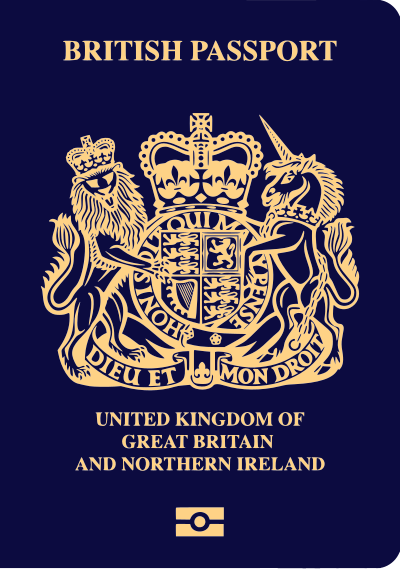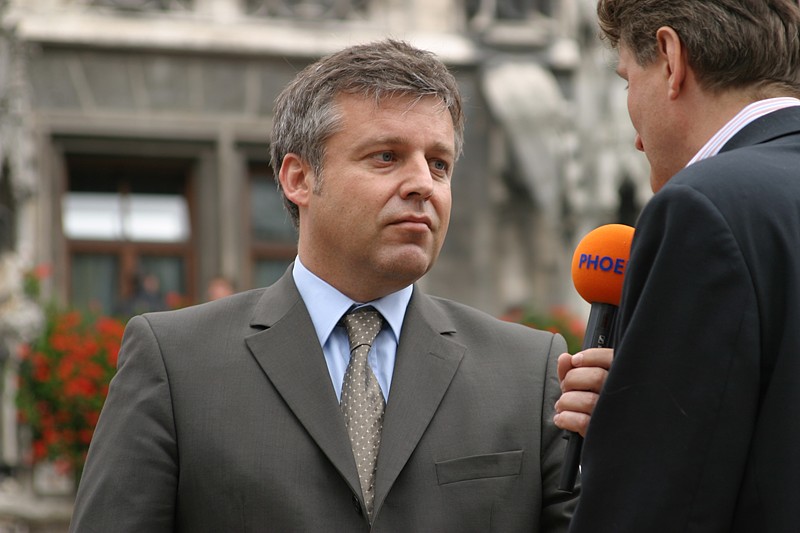
French President Emmanuel Macron has called for stronger cooperation between the United Kingdom and France to confront global instability and reduce Europe’s overdependence on the
United States and China.
In a rare and symbolic address to both houses of the British Parliament, Macron emphasized the need for a renewed Anglo-French alliance. His state visit marked the first of its kind by a European leader since Brexit and was widely seen as a gesture toward rebuilding ties strained in recent years.
Speaking at Westminster after being formally welcomed by the British royal family, Macron said the two nations must act together on key issues including defense, immigration, climate change, and trade.
“The United Kingdom and France must once again show the world that our alliance can make all the difference,” he told lawmakers. “The only way to overcome the challenges we face is to move forward together—hand in hand, shoulder to shoulder.”
Macron warned of growing geopolitical risks and cautioned against “excessive dependencies” on both Washington and Beijing. He argued that European countries must "de-risk" their economies and societies from such vulnerabilities.
Despite the cautionary tone, the French leader also outlined a positive vision for the future. He proposed making it easier for students, researchers, and artists to move between the UK and France, and encouraged cooperation on emerging issues such as artificial intelligence and online child safety.
Diplomatic reset and royal welcome
Macron’s visit highlights a broader effort by Britain’s newly elected Labour government, led by Prime Minister Keir Starmer, to repair and strengthen relationships with European allies. Starmer is seeking to move beyond the discord of the Brexit era and chart a more collaborative path.
The French president, who maintains a warm rapport with King Charles III, was received in Windsor with full ceremonial honors. He joined the royal family, including Prince William and Princess Catherine, in a horse-drawn procession. Joking in his parliamentary address, Macron remarked, “We love monarchy—especially when it’s not at home.”
Later at a state banquet, King Charles was expected to address the shared threats facing both nations, even as he continues to undergo cancer treatment. Observers noted the monarch had a visibly bloodshot eye, which palace officials attributed to a burst blood vessel unrelated to his existing condition.
New deals and historic exchanges
Macron’s three-day visit included key economic and cultural agreements. France’s state energy company EDF pledged a £1.1 billion investment in a new nuclear power project in eastern England. In a historic cultural exchange, France agreed to loan the UK the famed Bayeux Tapestry—its first return across the Channel in over 900 years—in return for British Anglo-Saxon and Viking artifacts.
This visit is the first by a French president since Nicolas Sarkozy was hosted by Queen Elizabeth II in 2008.
Joint security and migration challenges
Though relations have improved, tensions linger—especially around post-Brexit border arrangements and efforts to stop small boat crossings in the English Channel. However, both nations continue to cooperate closely on defense, including planning a joint military force to support Ukraine if a ceasefire with Russia materializes.
Starmer is hoping to build on that goodwill to secure a new bilateral agreement with France to manage asylum seekers. Under the proposed deal, Britain would return asylum seekers to France in exchange for taking in others with verified claims. The aim is to disrupt the networks of people-smuggling gangs fueling the dangerous Channel crossings.
A record number of migrants have made the journey in the first half of 2025, and with pressure mounting at home—especially from Nigel Farage’s right-wing Reform UK party—Starmer is seeking urgent solutions.
France has so far resisted such a bilateral deal, maintaining that any asylum returns agreement should be negotiated collectively with the European Union. Photo by Jacques Paquier, Wikimedia commons.






























































